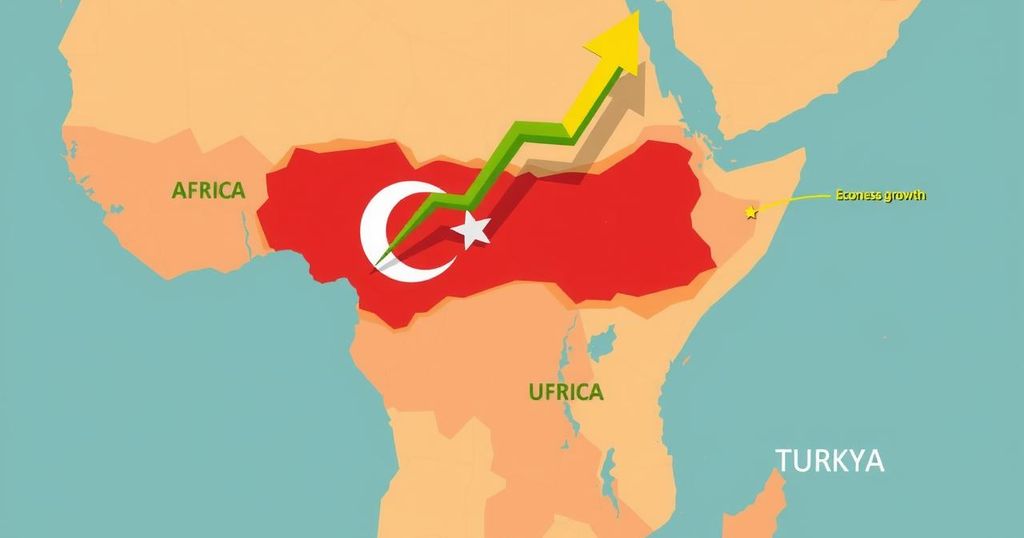Turkey is poised to capitalize on France’s military withdrawals from the Sahel and West Africa, aiming to expand its influence in the region while navigating potential resource challenges. This opens the door for Turkey amid a backdrop of anti-French sentiment, driven by France’s struggling military effectiveness against insurgents. While competition with other world powers exists, Turkey’s strategic positioning offers opportunities for cooperation with African nations.
France’s recent military withdrawals from the Sahel and West Africa present a significant opportunity for Turkey to expand its influence, according to experts. The French military’s exit, including the handover of its base in Côte d’Ivoire and withdrawal from Chad, reflects a broader reduction of its presence in the region. Federico Donelli, an international relations expert, asserts that traditional players such as France are scaling back their engagement at the behest of local governments.
Turkey’s investment in Africa has been considerable, with President Recep Tayyip Erdogan having expanded the country’s diplomatic footprint significantly over the last two decades. Erdogan’s strategy also appeals to the predominantly Muslim demographics, leveraging historical sentiments regarding France’s colonial legacy to gain favor in African nations.
Elem Tepecikoglu from Ankara’s Social Sciences University noted that Turkey’s timing coincides with a decline in France’s reputation in the region, exacerbated by its inability to effectively combat insurgent threats. The criticism of French military operations for inadequately addressing terrorism has opened doors for Turkey, which now has defense and cooperation agreements with several Sahelian nations, reportedly deploying military advisers and drones in Chad.
Recent discussions between Turkey and Senegal have underlined the strengthening military ties, culminating in Senegal’s call for the removal of French forces. Turkey’s defense sector, known for providing competitively priced and versatile military products, has garnered substantial interest in African markets, particularly from nations like Nigeria, Mali, and Chad.
Despite being a relatively smaller participant in the African geopolitical sphere compared to Russia and China, Turkey’s strategic positioning can benefit from the competition between Eastern and Western powers. Establishing agreements with Turkey may appear less politically risky to African leaders than aligning with non-Western allies, as highlighted by Donelli.
However, experts caution that Turkey’s rapid growth in Africa may lead to inefficiencies, with many considering it a classic case of overstretch. Huseyin Bagci from Ankara Middle East Technical University warns that Turkey’s military and economic limitations may challenge its sustainability in pursuing such extensive involvement abroad. As Turkey grapples with an ailing economy and considers mending relations with Europe, including France, collaborative strategies may outweigh competitive stances in Africa now.
In summary, Turkey’s interest in Africa is poised to grow following France’s military withdrawals, opening a pathway for enhanced Turkish involvement and influence. While this expansion presents opportunities, experts underscore the necessity for prudence to avoid overstretching Turkey’s military and economic resources. As local nations seek alternatives amid declining French engagement, Turkey’s diplomatic and defense strategies will be crucial in establishing lasting partnerships on the continent.
Original Source: www.rfi.fr






